A historical fiction set against the early decades of 20th century Punjab, that transformed the region and its people forever.
On 13 April 1919, about twenty-five thousand unarmed Indians had gathered in Jallianwala Bagh in Amritsar, an open area enclosed by the high walls of flat-roofed houses in a densely populated part of the city. Many of those in the crowd were listening to speakers denouncing the iniquities of the Rowlatt Act, which had recently been imposed on the country by the British, while others, including several children, were simply there to rest, relax, and catch up with friends. A little after five in the evening, a detachment of soldiers, led by Brigadier General R. E. H. Dyer entered the Bagh. Without warning the crowd to disperse, Dyer ordered his troops to open fire. At least 1,650 rounds were fired. Several hundred died and several hundred more were injured. The massacre was universally condemned by all Indians and even shocked many Britons, who thought it one of the worst outrages in all of British history.
Navtej Sarna brings the horror of the atrocity to life by viewing it through the eyes of nine characters—Indians and Britons, ordinary people and powerful officials, the innocent and the guilty, whose lives are changed forever by the events of that fateful day. Set against the epic backdrop of India’s freedom struggle, World War I, and the Ghadar movement, Crimson Spring is not just a powerful, unsettling look at a barbarous act, but also a wider meditation on the costs of colonialism and the sacrifices and heroism of ordinary men and women at a time of great cruelty and injustice.
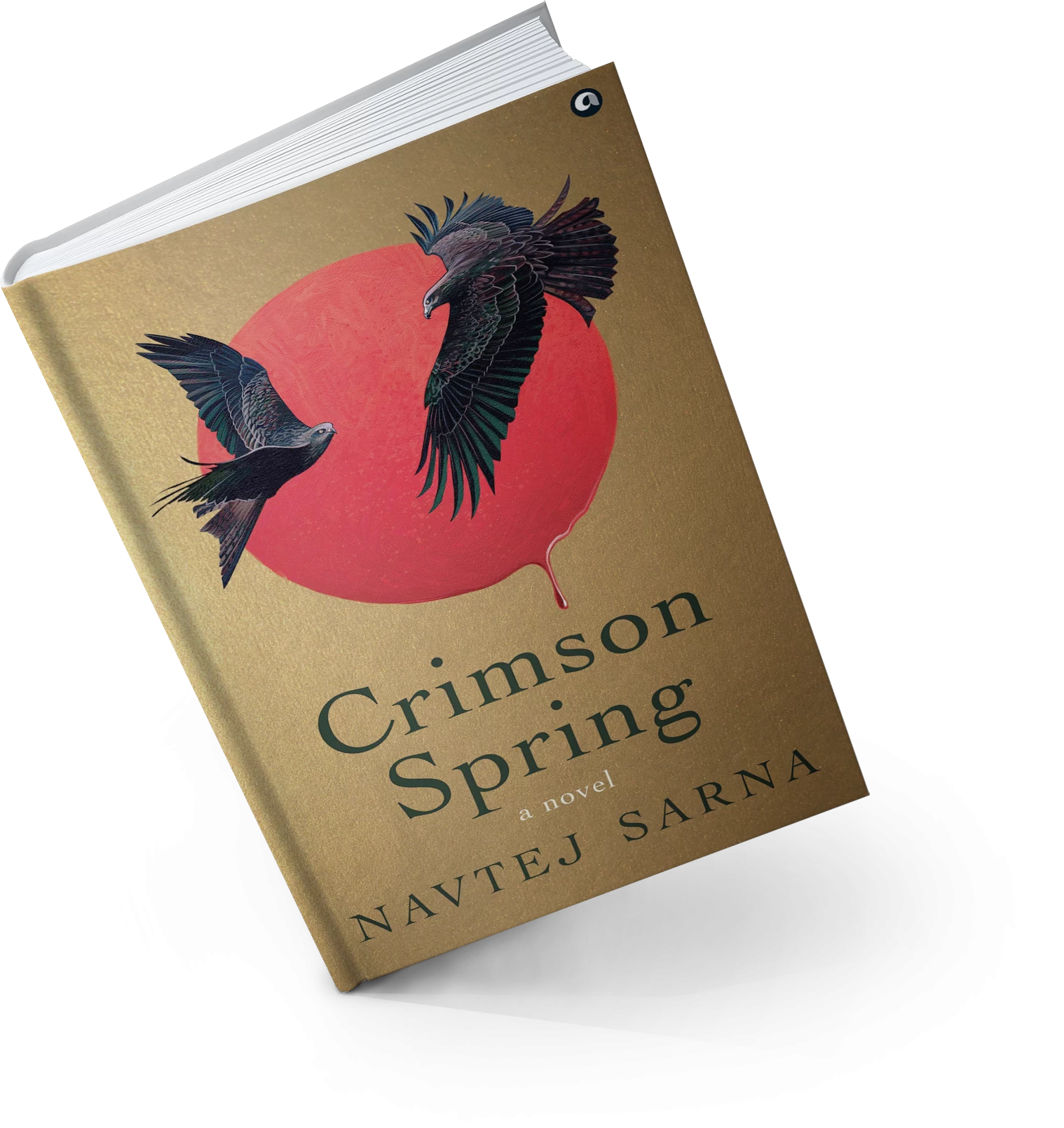
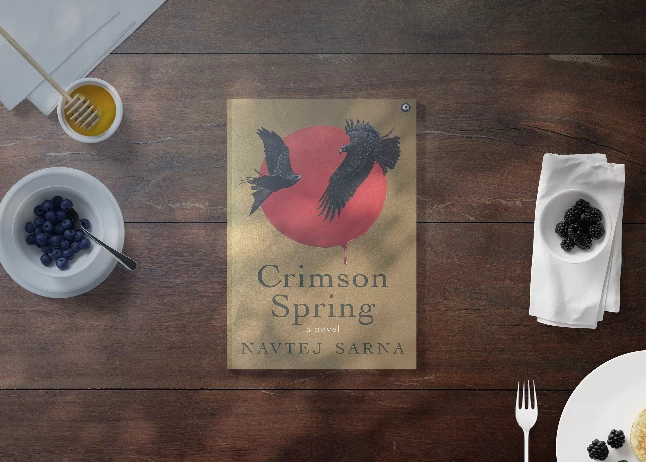
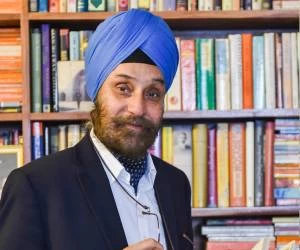

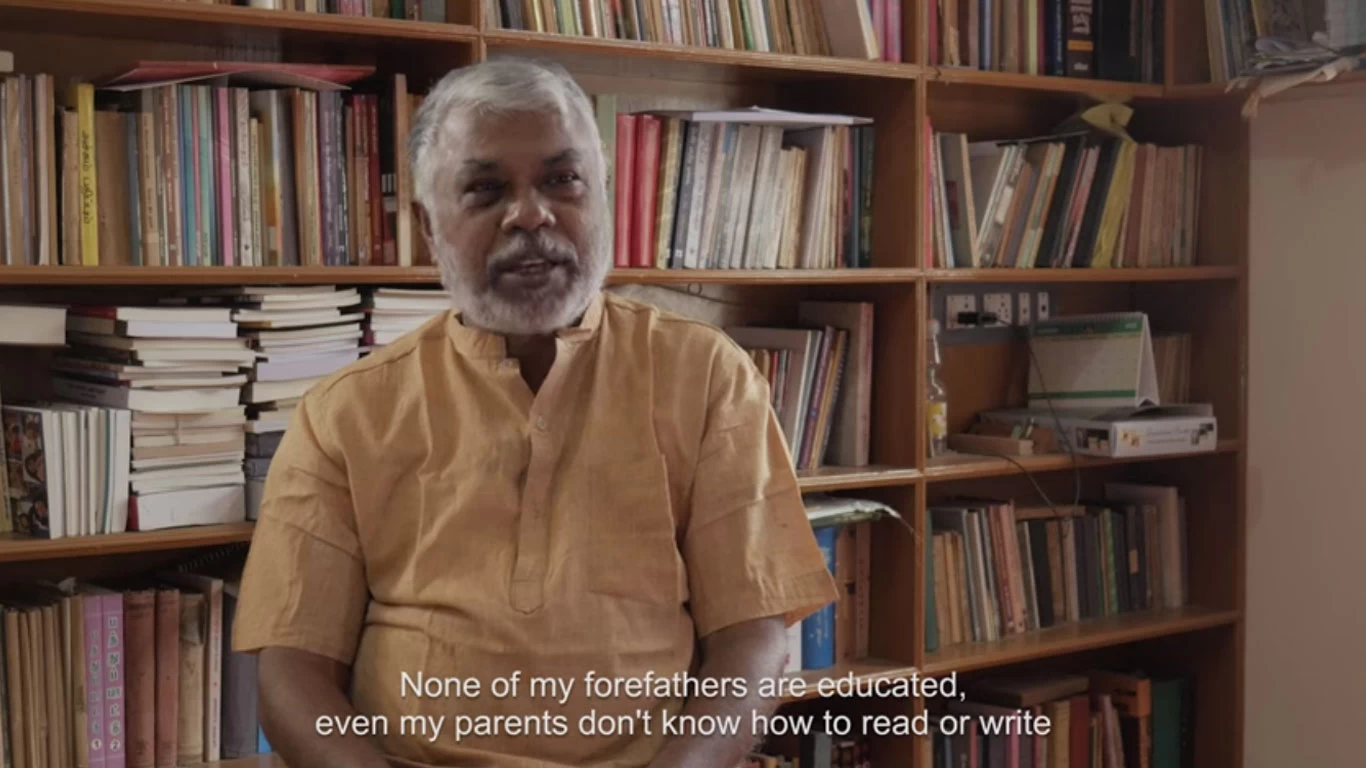
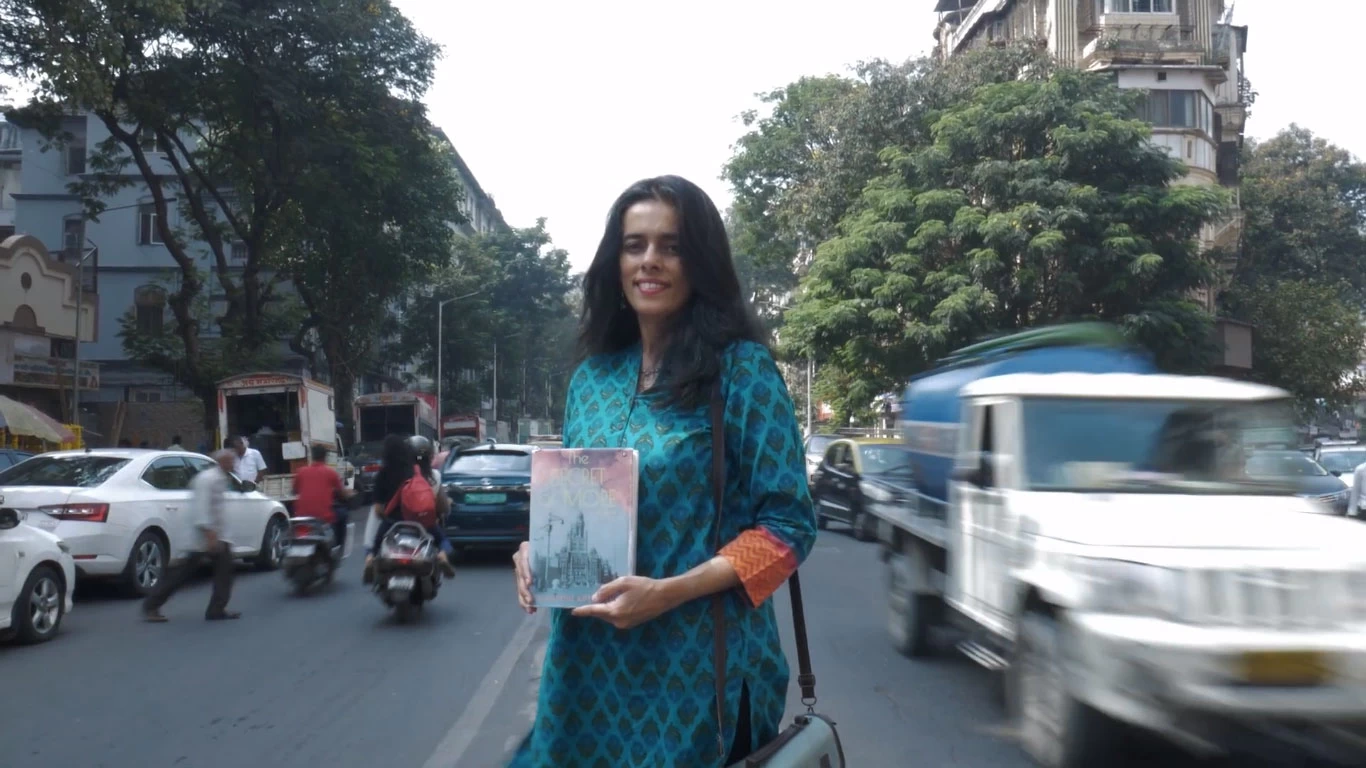
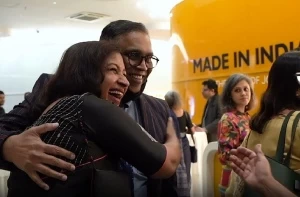
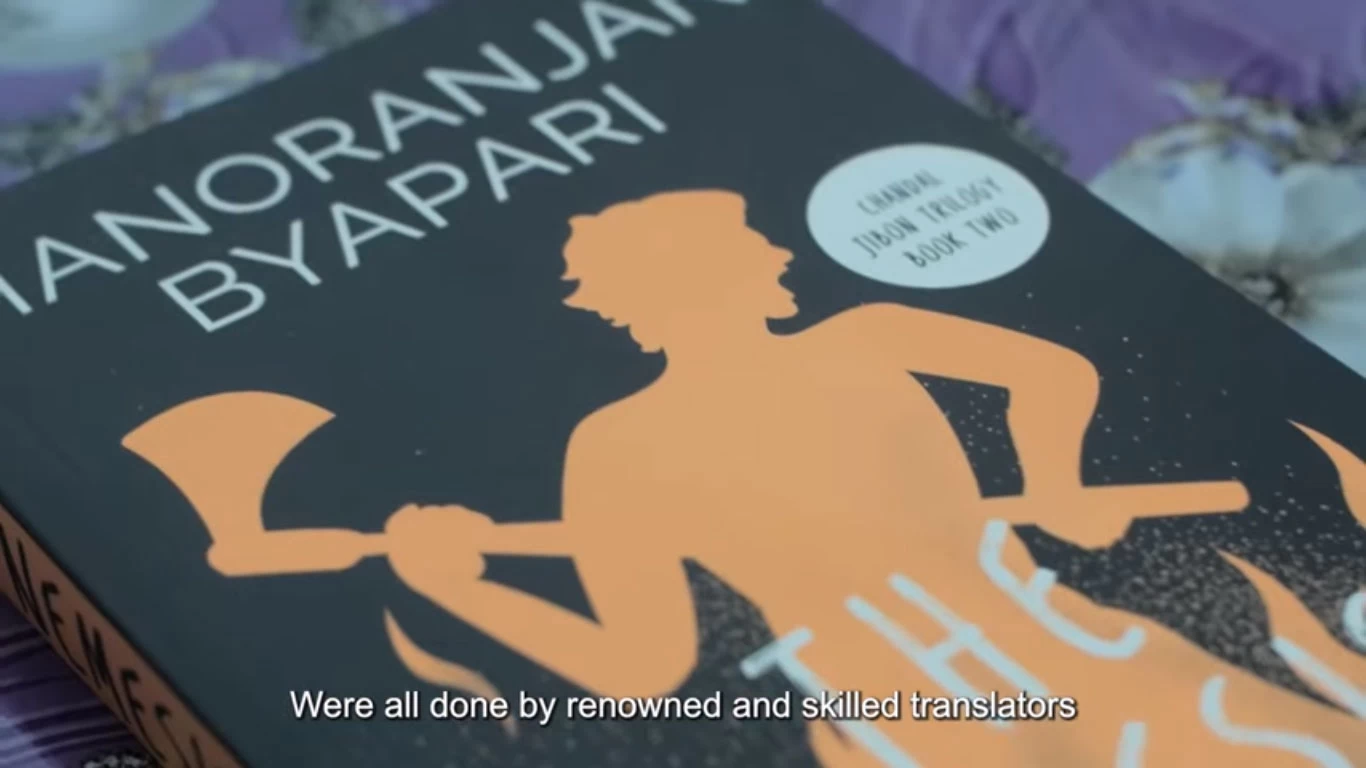
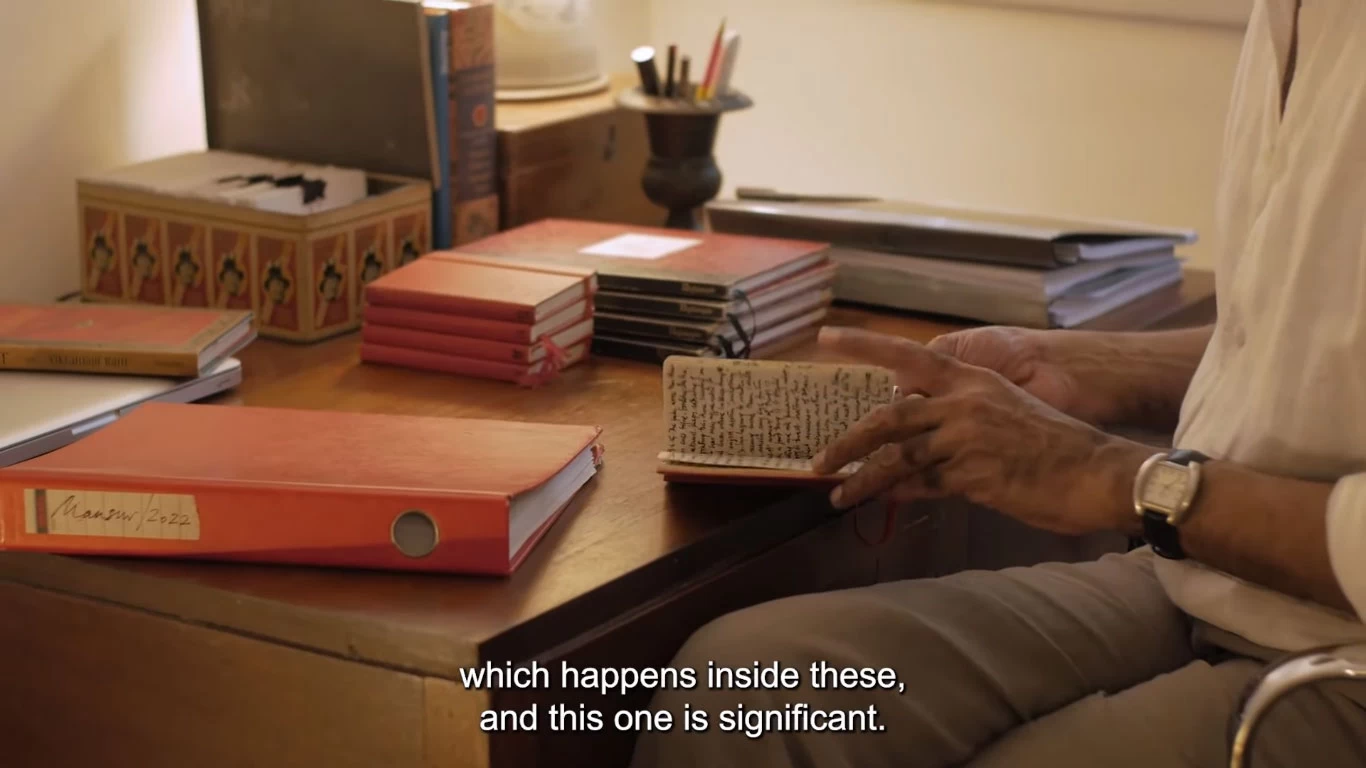
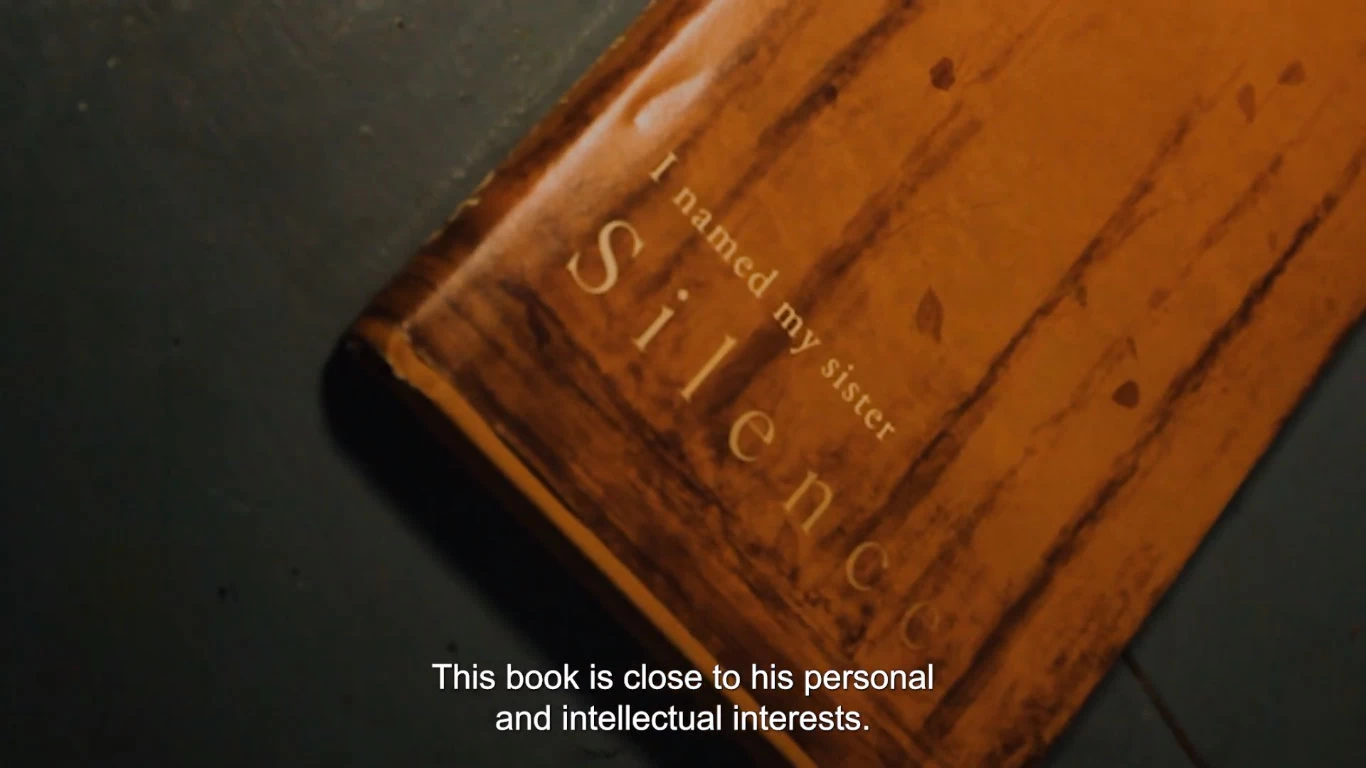
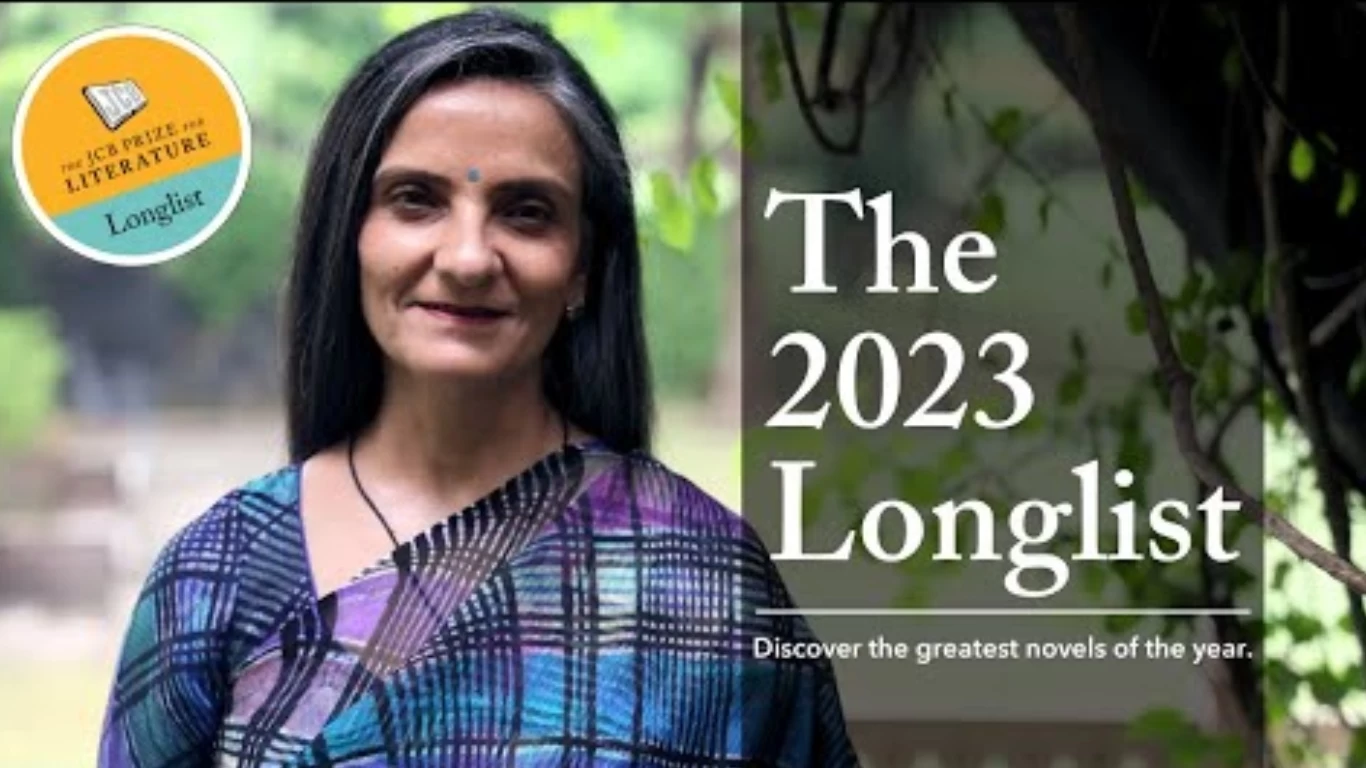
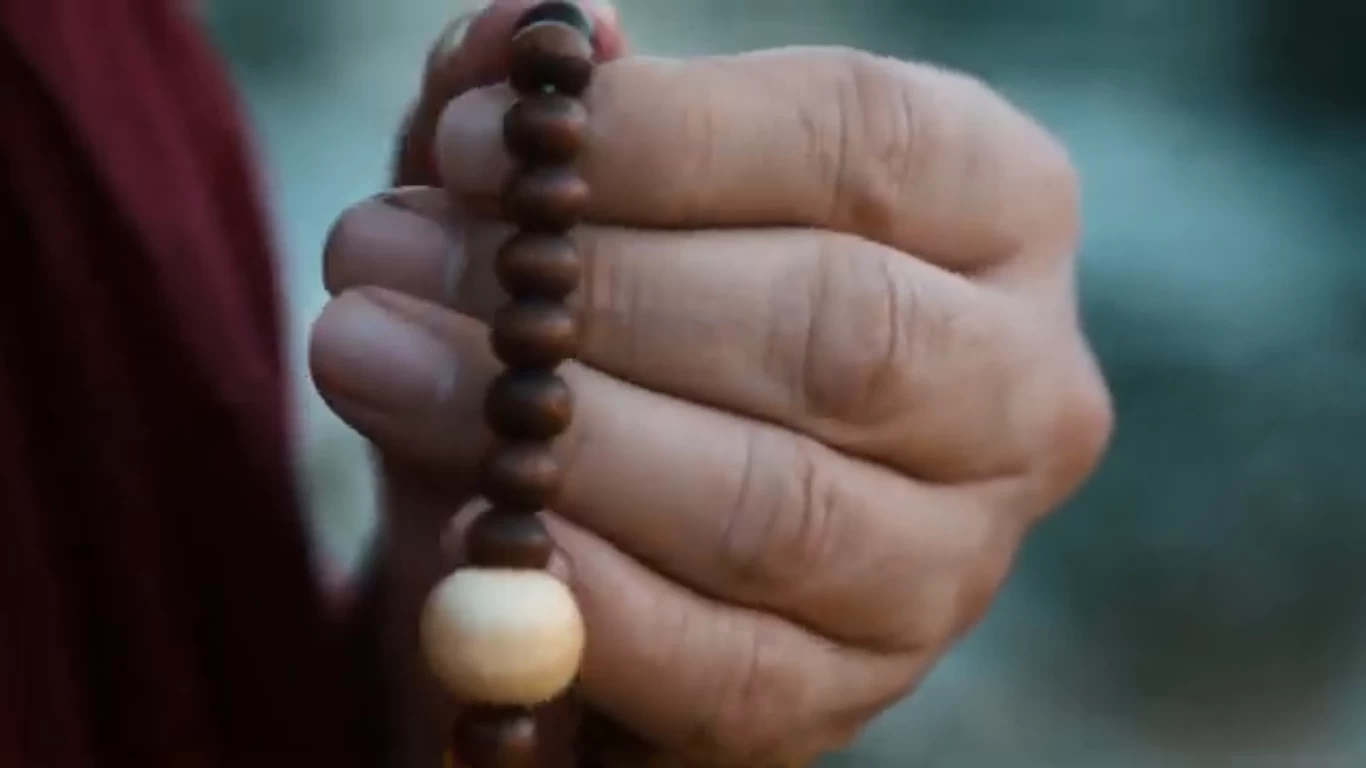
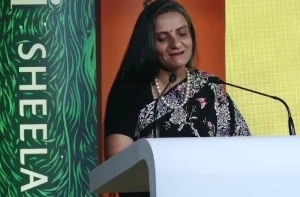
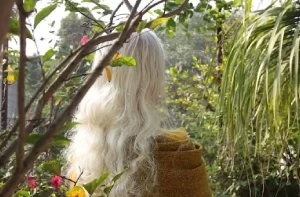
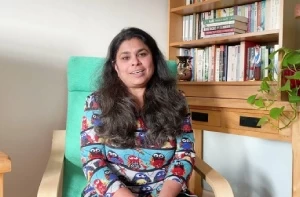

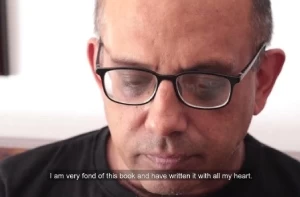
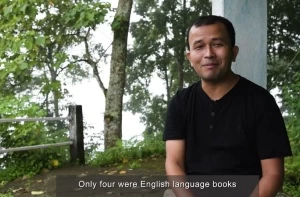
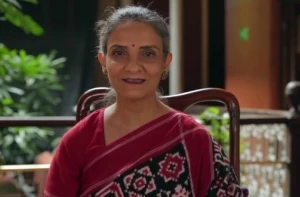
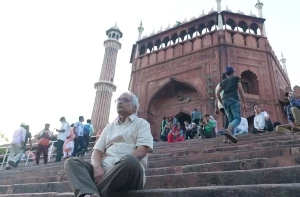
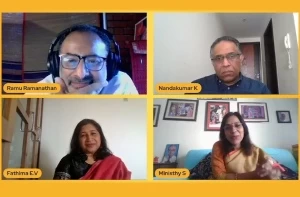

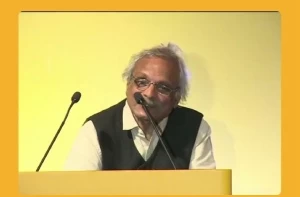
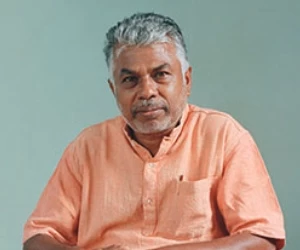
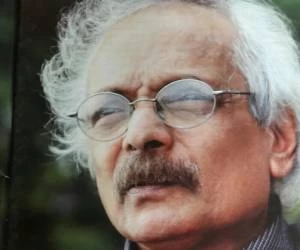
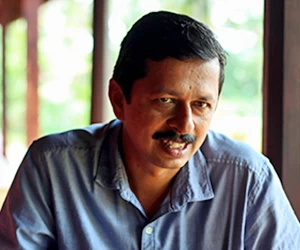

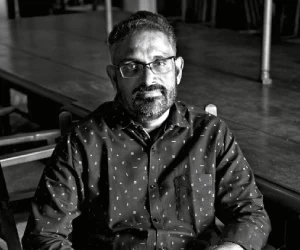
JURY COMMENTS
A solidly crafted work of historical fiction, Crimson Spring not only talks about the historical moment of turbulence and terror triggered by the Jallianwala Bagh massacre but also vividly brings to life rural Punjab at the turn of the century.